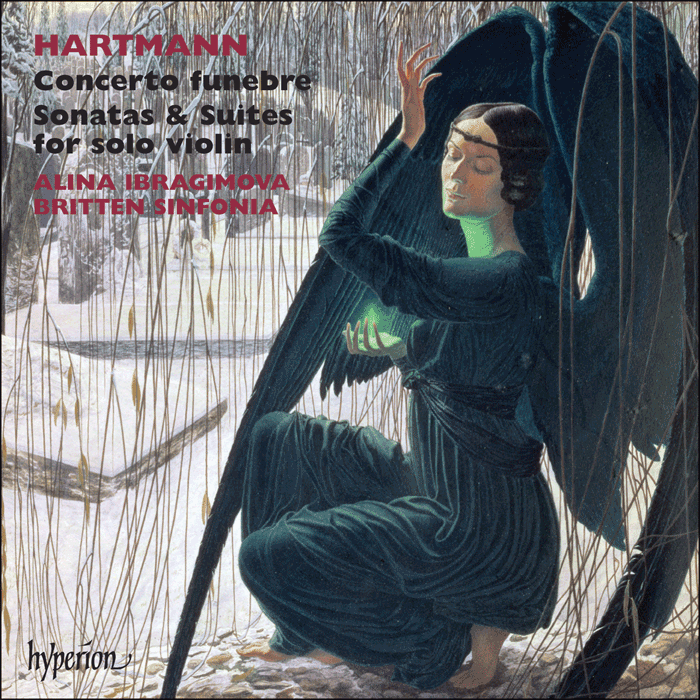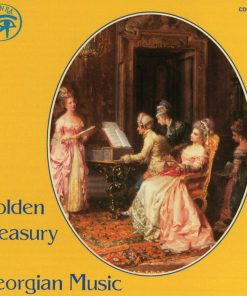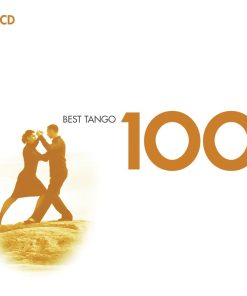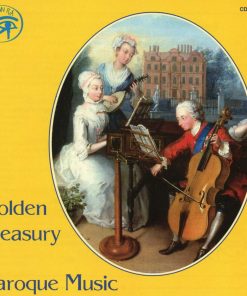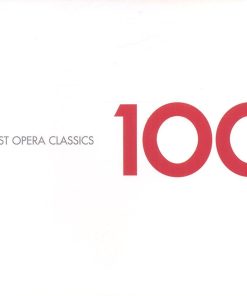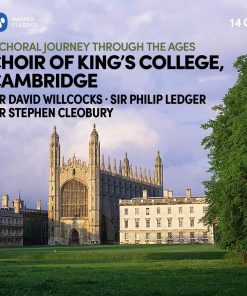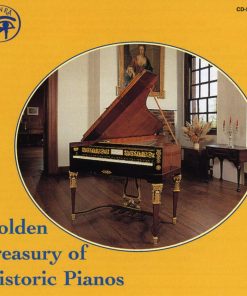Hartmann: Concerto funebre – Alina Ibragimova, Britten Sinfonia Hyperion
$ 20,99 $ 12,59

Concerto funebre[21’40]Alina Ibragimova (violin), Britten Sinfonia
1
Introduction: Largo[1’40]2
Adagio[7’00]3
Allegro di molto[8’33]4
Choral: Langsamer Marsch[4’27]Suite No 1[19’48]Alina Ibragimova (violin)
5
Canon: Lebhaft[3’38]6
Fuge: Munter[3’23]7
Rondo: Nicht zu schnell[4’51]8
Dreiteilige Liedform: Breit[4’21]9
Ciaccona: Lebhaft[3’35]Suite No 2[9’28]Alina Ibragimova (violin)
10
Lebhaft[2’12]11
Fließend[3’27]12
Stürmisch[1’47]13
Jazz Tempo: Sehr robust[2’02]Sonata No 1[14’53]Alina Ibragimova (violin)
14
Toccata: Sehr lebhaft achtel[1’50]15
Ruhig viertel, sehr fließend[3’59]16
Verrücht schnell, unschön spielen[2’04]17
Breit! Mit viel Ausdruck[4’40]18
Fuge (Toccata): Heiter, burschikos[2’20]Sonata No 2[14’09]Alina Ibragimova (violin)
19
Langsam, breite[2’19]20
Variationen über eine rythmische Idee: Äusserst lebhaft[2’46]21
Sehr langsame … mit viel Empfindung[5’46]22
Fuge: Sehr wild und roh im Vortrag[3’18]

As is well known, the Third Reich drove many of its gifted composers into exile, to early deaths or to the concentration camps. But a significant responsibility devolved on another group, who became ‘internal exiles’, remaining in Germany, but refusing to become cultural ornaments of the Nazi regime. Karl Amadeus Hartmann (1905–1963), in Bavaria, consistently kept the spirit of modernism and human commitment alive in his own work.
However, the rise of the Nazis gave his music deeper resonances of anger and lamentation. Concerto funebre was composed during the outbreak of World War II. It is an extraordinary work, inspired initially by Hartmann’s feelings about the Nazi annexation of Czechoslovakia, containing conflicting messages of hope, desperation and foreboding at the times ahead. The solo violin line is at once a mournful commentary and a prophetic cry.
This generously filled disc also contains all Hartmann’s works for solo violin. These sonatas and suites are fiercely difficult, conceived on a grand scale, and recall the majesty and breadth of J S Bach’s solo violin works.
Making her recording debut for Hyperion in this disc of important repertoire is the spectacular young Russian violinist Alina Ibragimova (b1985). Alina’s many concert appearances throughout Europe have earned her the highest praise, and, as Richard Morrison wrote in The Times, she is ‘destined to be a force in the classical music firmament for decades to come … you feel that you are getting the music straight from the composer’s quill’.
Fast Shipping and Professional Packing
Due to our longstanding partnership with UPS FedEx DHL and other leading international carriers, we are able to provide a range of shipping options. Our warehouse staff are highly trained to pack your goods exactly according to the specifications that we supply. Your goods will undergo a thorough examination and will be safely packaged prior to being sent out. Everyday we deliver hundreds of packages to our customers from all over the world. This is an indication of our dedication to being the largest online retailer worldwide. Warehouses and distribution centers can be located in Europe as well as the USA.
Orders with more than 1 item are assigned processing periods for each item.
Before shipment, all ordered products will be thoroughly inspected. Today, most orders will be shipped within 48 hours. The estimated delivery time is between 3-7 days.
Returns
The stock is constantly changing. It's not entirely managed by us since we are involved with multiple parties such as the factory and our storage. The actual stock can fluctuate at any time. Please understand it may happen that your order will be out of stock when the order is placed.
Our policy is valid for 30 days. If you haven't received your product within 30 days, we're not able to issue either a return or exchange.
You are able to return a product if it is unused and in the same condition when you received it. It must also still remain in the original packaging.
Related products
MUSIC CDS
MUSIC CDS
MUSIC CDS
MUSIC CDS
MUSIC CDS
MUSIC CDS
